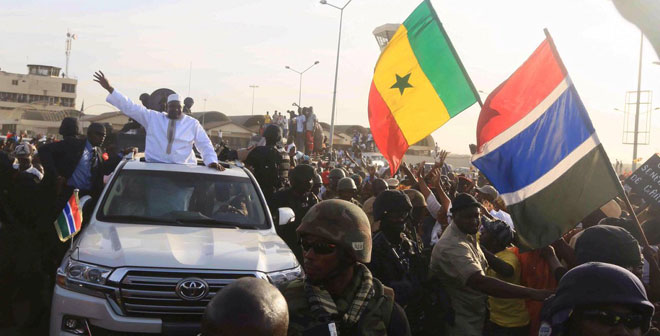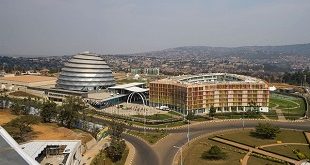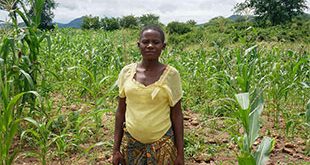
Monrovia, Liberia | AFP | The Economic Community of West African States (ECOWAS) said it has extended the mandate of its military mission in The Gambia.
The force, consisting mainly of soldiers from neighbouring Senegal, was first sent to the small country in January to compel longstanding president Yahya Jammeh to relinquish power to his elected successor Adama Barrow.
At a weekend summit in the Liberian capital Monrovia, the 15-nation body commended the “crucial role” played by the mission in keeping The Gambia secure but leaders took note of “the fragile situation” in the country and extended the mission for 12 months.
They also broadened the mandate of the force known as ECOMIG to include support for training Gambian armed forces and urged other ECOWAS members to contribute additional troops.
Jammeh, who came to power in 1996, initially conceded defeat to Barrow in the December 2016 election, but a week later the strongman changed his mind, claiming abnormalities marred the poll result.
After mediation by Guinea and Mauritania, strong regional pressure and the arrival of Senegalese troops, Jammeh went into exile in Equatorial Guinea on January 21, leaving the way clear for Barrow, but the departed ruler still enjoys a degree of support.
The ECOWAS statement issued overnight Sunday made no mention of tension between the foreign troops and Gambian protesters who have called them “an occupying force”, notably in Jammeh’s native region about 100 kilometres (60 miles) east of the capital Banjul.
After a clash on Friday when ECOMIG troops faced a violent demonstration, one protester died of gunshot wounds and several were injured, according to the interior minister and details given by a local resident.
The regional leaders urged Barrow to establish the required framework and mechanism that will promote national dialogue and reconciliation, and render justice to past injustices, and strict respect to international norms and principles.
The Gambia is a sliver of land running across Senegalese territory from east to west either side of the Gambia river with Banjul located on the broad estuary giving on to the Atlantic.
Its main exports include woven fabric, varieties of nuts and lumber, with small amounts of minerals. Tourism is vital to the economy.
 The Independent Uganda: You get the Truth we Pay the Price
The Independent Uganda: You get the Truth we Pay the Price



